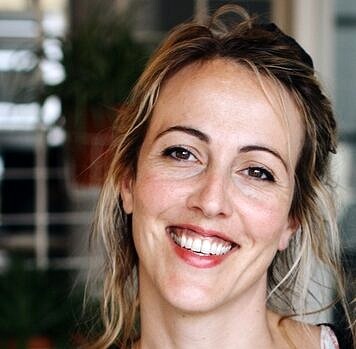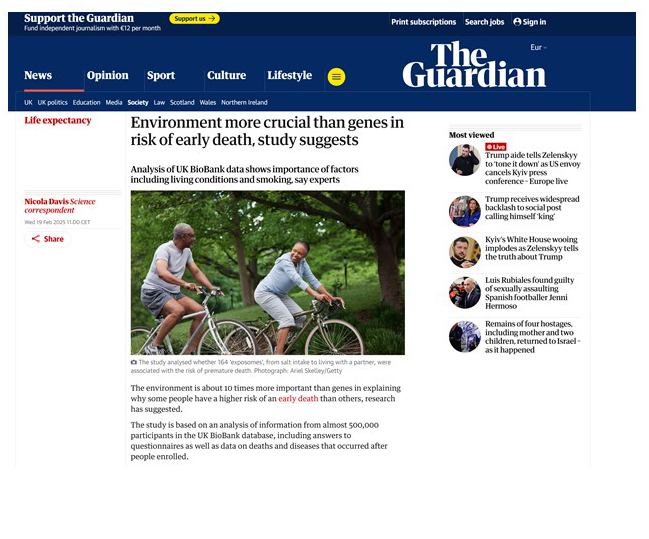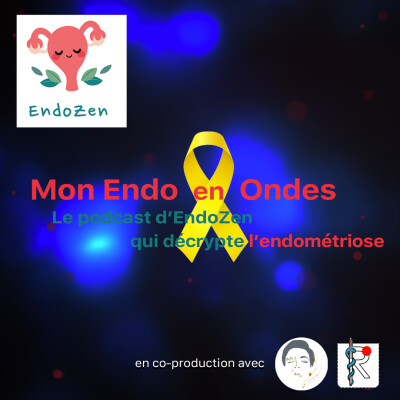My research focuses on the evolutionary ecology of women's health. I use theoretical frameworks from evolutionary biology to understand how female physiological and behavioral traits vary according to environmental, social and cultural contexts.
As a researcher in human evolutionary ecology, I propose an innovative approach to rethinking notions of "normality" and "pathology" (in the sense of Canguilhem, 1943) in the field of women's health. My research shows that many physiological variations, often medicalized as dysfunctions, may in fact be adaptive responses to specific environments.
My recent research focuses on:
- The impact of vaccination and infection on menstrual cycles
- Ecological and physiological determinants of contraceptive side effects
- The role of cultural transmission in the evolution of reproductive norms
I'm currently working on two questions:
- What are the developmental origins of endometriosis (EnDOHAD)? in collaboration with Montpellier University Hospital (Dr Noémie Ranisavljevic) and Simon Fraser University (Bernard Crespi), funded by the Endometriosis Research Foundation.
- What are the social-ecological determinants of menstrual health variation in Occitanie (ANR C-HEALTH project) in collaboration with Montpellier University Hospital (Dr Noémie RANISAVLJEVIC).
For more information on my scientific articles, see my Google Scholar page.
Une nouvelle étude révèle que le Covid long est associé à des perturbations du cycle...
Women with long Covid are prone to longer, heavier periods, which could put them at...
Long covid seems to disrupt the menstrual cycle, making periods heavier and longer. This may...
Women have reported menstrual changes after infection with SARS-CoV-2, as well as an increase in...
Recent estimates indicate that half of Ethiopian girls aged 15 to 19...
Numerous studies have identified an association between vaccination against COVID-19 and...
A study co-authored by Alex Alvergne...
Background and objectives: Female reproductive function responds flexibly to ecological variations...
First episode of the "Mon Endo en Ondes" series, the EndoZen program that explains endometriosis, co-produced...






